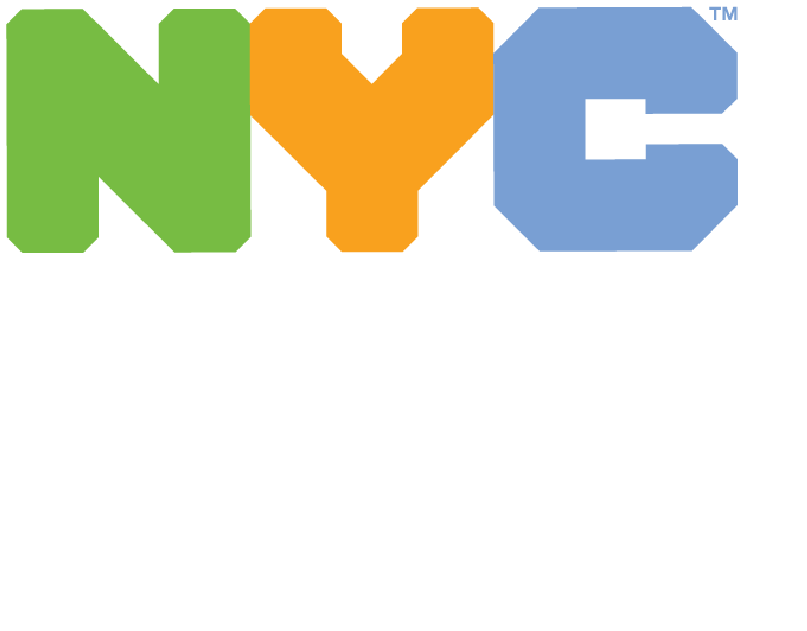The HVAC and Building Decarbonization Pathway integrates electrical and mechanical theory with practical and hands-on training in HVAC, while instilling knowledge about environmental impacts and decarbonization. The pathway program consists of four courses: HVAC Systems, Safety, & Materials, Electrical & Plumbing, HVAC Installation & Maintenance, and HVAC & Building Decarbonization Practicum. Course units and lessons are designed to develop real-world skills, including learning about HVAC equipment, piping and tubing, and reading and interpreting designs and technical diagrams. The HVAC & Building Decarbonization Pathway aims to equip students with strong foundational skills that will benefit them in their post-secondary careers in heating, cooling, ventilation, air conditioning, and refrigeration, while preparing them for a green energy future.
This pathway consists of four sequential courses designed to equip students with essential knowledge and skills to prepare for HVAC installation careers and earning the EPA 608 credential, a credential required for working with coolants and refrigerants.
Course 1: HVAC Systems, Safety, & Materials
This foundational course introduces students to the basic components and operations of HVAC systems, with a strong emphasis on construction safety and material and tool handling. Students will develop familiarity with tools, learn how to safely navigate a jobsite, and gain an understanding of core scientific principles such as thermodynamics and energy.
Course 2: Electrical & Plumbing
This course explores the electrical and plumbing systems that power HVAC technologies. Students will follow safety procedures, use meters and tools to complete basic electrical and plumbing tasks, and apply math and science concepts to HVAC system operations. Topics include circuits, current, power distribution, pipe joining, and fluid flow, as well as blueprint reading and system design.
Course 3: HVAC Installation & Maintenance
This course focuses on the science, systems, and safe handling practices of refrigeration in HVAC. Students gain hands-on experience working with compressors, evaporators, metering devices, and refrigerants while learning how to install and troubleshoot air conditioning systems. Key topics include the refrigeration cycle, system components, airflow, electrical controls, and indoor air quality. Students build the technical foundation for EPA 608 Universal certification, practicing refrigerant recovery, leak detection, and system charging in preparation for the credential exam.
Course 4: HVAC & Building Decarbonization Practicum
This capstone course deepens students’ knowledge of refrigeration and heating systems in the context of energy efficiency and building decarbonization. Students explore advanced refrigeration management, hydronic and steam systems, gas furnaces, and heat pump technologies. The course highlights the role of refrigerants and HVAC retrofits in reducing carbon emissions and complying with local energy efficiency policies. Students apply their skills through a team-based project and gain real-world experience through work-based learning and career development activities.

